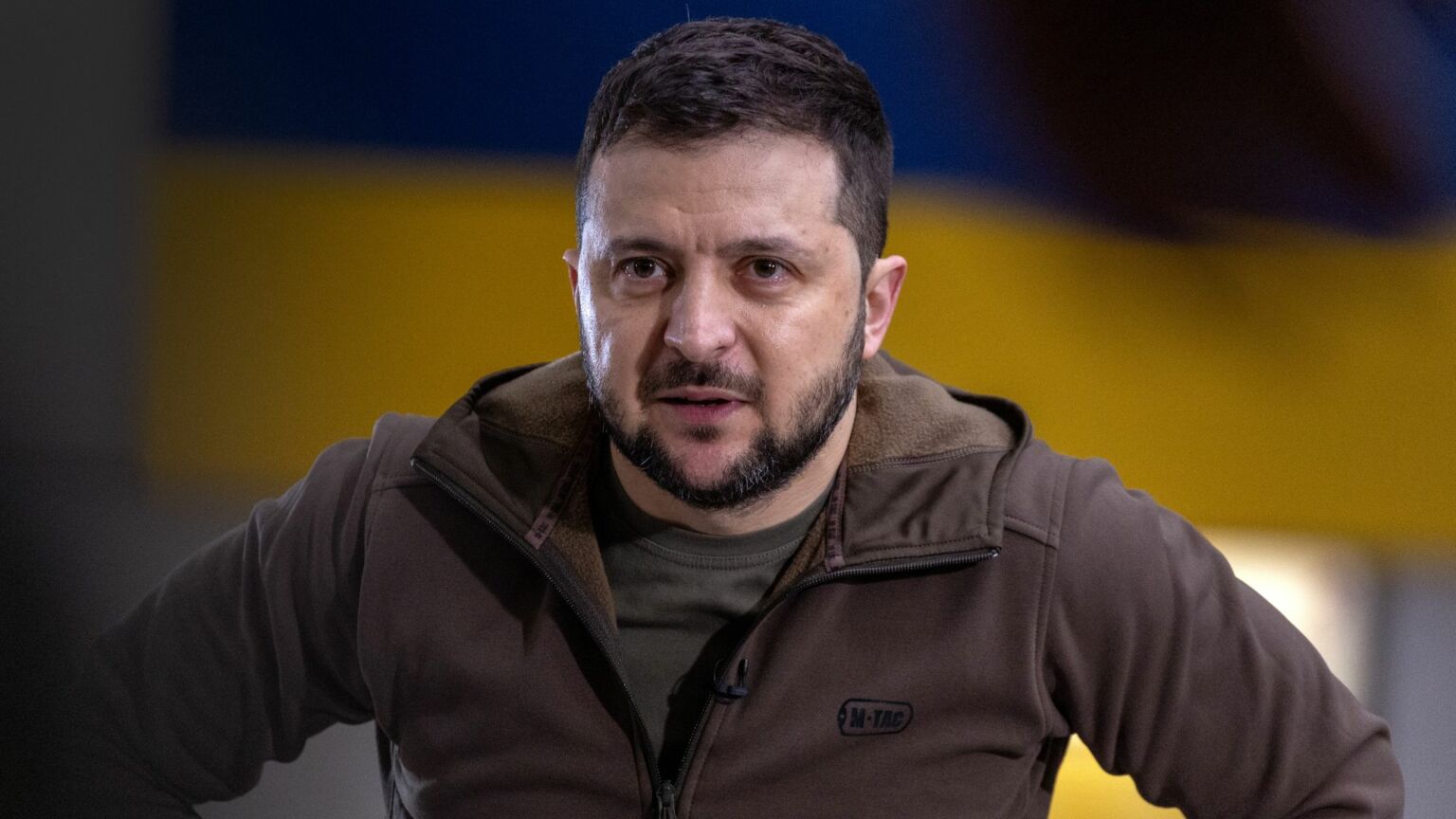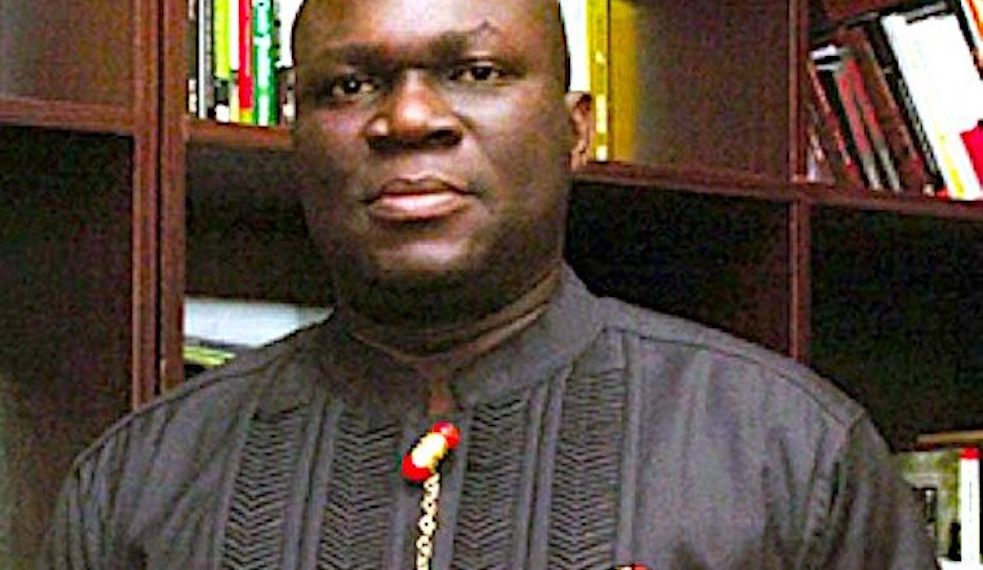PAUL MIRENGOFF FROM RINGSIDE
…The Attorney General has the power to reject a decision by a special counsel to prosecute. In the end, therefore, it’s Garland’s decision whether the government will bring a case against Trump.
Moreover, that decision rests, or should, on considerations beyond those a special counsel is equipped to make. To see why, let’s consider the two areas the special counsel will be investigating.
One of them is Trump’s removal of documents to Mar-a-Lago. The special counsel is well equipped to determine the facts concerning the removal and the law that pertains to it.
…It’s true that the storming wouldn’t have taken place if Trump hadn’t (1) contested his electoral defeat, (2) called supporters to D.C., (3) given a fiery speech, and (4) encouraged his supporters to march “peacefully and patriotically” to the Capitol.
But Trump had a right to do all of these things. In my view, by January 6, 2021 it was highly irresponsible for him to do any of them. But highly irresponsible conduct is not, in itself, a crime.
I don’t deny that a clever special counsel can weave together a statutory violation by Trump from his behavior on and around January 6. In that event, however, Garland will be in a similar place to where he’ll likely end up on the Mar-a-Lago documents issue. He will have to decide whether a former president and current presidential candidate should be criminally prosecuted based on facts that can be interpreted as either demonstrating or negating criminality.
As with the Mara-a-Lago documents, resolution of that question will, or should, take into account the potential harm to our political system of such a prosecution. Again, this sort of balancing is not something a special counsel should perform.
It seems to me that Garland has already preempted such balancing. In announcing the appointment of a special counsel, he spoke of the need “to make [prosecutorial] decisions indisputably guided only by the facts and the law.”
For Garland, then, it’s apparently out-of-bounds to consider the potential harm of prosecuting a former president or a current presidential candidate. But making that decision at the front end of the investigation doesn’t insulate Garland from complaints that he made it out of political animus towards Trump and/or a desire to help his boss, who’s likely to run for reelection.
Appointing a special counsel may insulate his findings of fact and law from claims of partisanship — or at least reduce the force of such claims. In the case of the Mar-a-Lago documents, however, the facts and the law are clear enough, I think. In the case of January 6, the facts and the law are also clear, although there is more room for interpretation.
Garland’s problem is that even when the facts and law are clear, prosecutors have considerable discretion. That discretion ultimately lies with Garland. He can’t hide really hide from exercising it, or refusing to.



